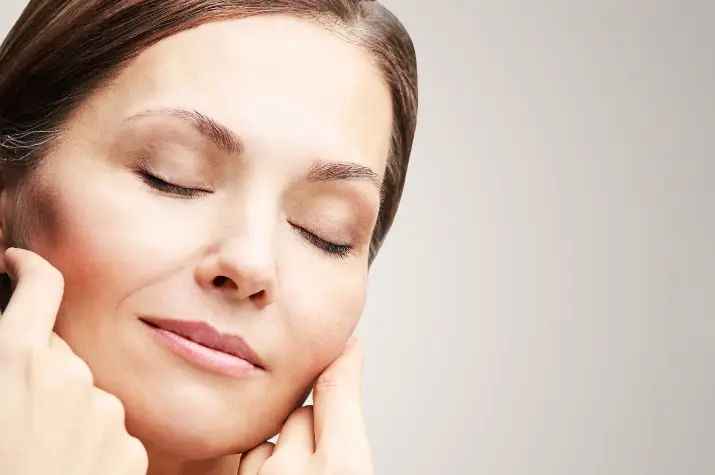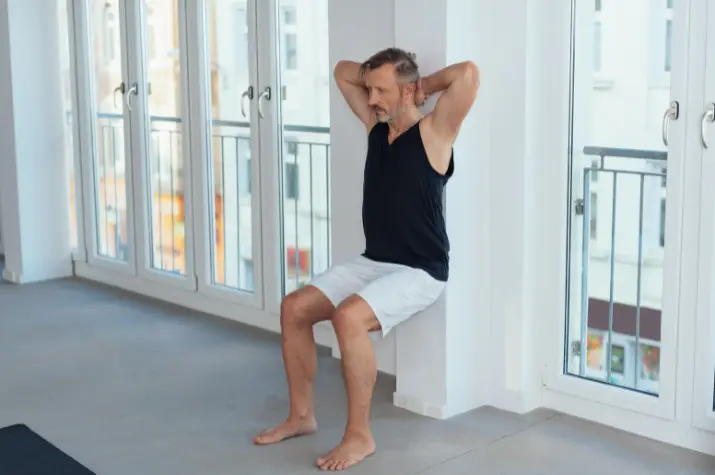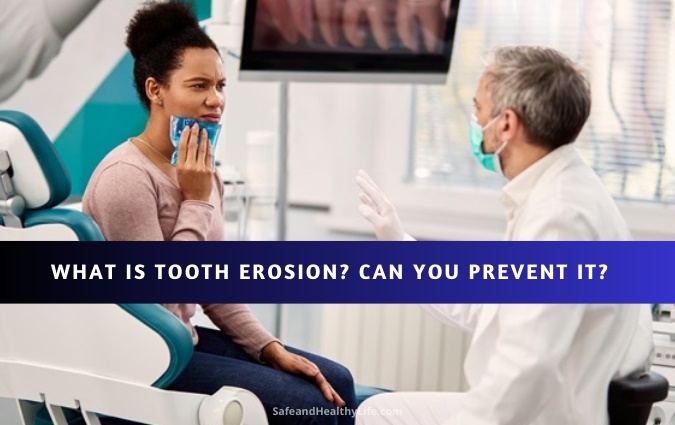
Aging is an inevitable part of life, but it doesn’t have to be a journey marked by health issues and difficulties. As we age, our bodies and minds change, and it becomes crucial to take proactive steps to maintain our health and well-being.
Healthy aging is about more than merely preventing illnesses; it’s about living your later years with as much zest and vitality as possible.
This guide focuses on practical and effective ways to navigate the aging process gracefully, ensuring that your golden years are not only healthy but also fulfilling.
5 Tips to Prevent Aging Difficulties and Illnesses
From managing common age-related health conditions to maintaining a nutritious diet and staying physically active, these tips are designed to help you tackle the challenges of aging and enjoy a high quality of life.
1. Mental Health and Social Engagement
Mental health is as important as physical health, especially as we age. Maintaining strong social connections and keeping the mind active are crucial for healthy aging.
Engaging in social activities, whether it’s joining a club, volunteering, or simply spending time with family and friends, can significantly boost mental health and mood. Social interaction helps ward off loneliness and depression, which can be common in older adults.
Staying mentally active is also key, and this could involve puzzles, reading, learning a new skill, or engaging in creative activities like painting or writing. These activities not only keep the brain engaged but also provide a sense of accomplishment and purpose.
Mental stimulation and social interaction are powerful tools for maintaining cognitive function and emotional well-being as we age.
2. Managing Health Issues in Aging Men

A major health issue for older men is the growth of the prostate gland, a condition called benign prostatic hyperplasia (BPH). It can result in distressing urinary symptoms and affect the quality of life.
Addressing prostate health is crucial, and treatments like Urolift and Rezum have emerged as effective solutions. In the debate of Urolift vs Rezum, it’s essential to understand that both fall under Minimally Invasive Surgical Therapies (MIST).
These procedures are typically performed with minimal anesthesia and aim to relieve urinary symptoms while minimizing side effects.
Urolift involves lifting and holding enlarged prostate tissue so it no longer blocks the urethra, while Rezum uses water vapor therapy to reduce prostate size. Both treatments have shown success in improving urinary function without the more significant side effects associated with traditional surgery.
Men experiencing BPH symptoms should consult with their healthcare providers to explore these options and determine the best course of action for their individual needs. Proactive management of prostate health is a vital component of healthy aging for men.
3. Maintaining a Balanced Diet
Diet plays a pivotal role in how we age. As our bodies change, so do our nutritional needs. A balanced diet rich in essential nutrients can help ward off illnesses, maintain energy levels, and enhance overall well-being.
It’s important to focus on foods that are high in vitamins, minerals, fiber, and lean protein while reducing the intake of processed foods, sugar, and unhealthy fats.
Incorporating a variety of fresh fruits, leafy and green vegetables, whole grains, and lean proteins into your diet can provide the necessary nutrients your body needs to function optimally.
Foods rich in antioxidants, such as berries, nuts, and leafy greens, can help combat inflammation and reduce the risk of chronic diseases. It’s also essential to stay hydrated and monitor portion sizes to align with your body’s changing metabolism.
A balanced diet not only supports physical health but also plays a role in cognitive function and emotional well-being, making it a cornerstone of healthy aging.
4. Regular Physical Activity

Staying active is crucial for aging adults. Regular physical activity helps maintain muscle strength, flexibility, and balance, which are essential for mobility and reducing the risk of falls.
Exercise also has profound benefits for cardiovascular health, weight management, and mental health, including reduced symptoms of anxiety and depression.
Engaging in regular, moderate exercise can be as simple as brisk walking, swimming, cycling, or participating in group exercise classes tailored to older adults.
It’s important to choose activities that you enjoy, and that suit your fitness level and any health conditions you may have. Strength training exercises, even with light weights or resistance bands, can help maintain muscle mass and bone density.
Additionally, activities like yoga and tai chi can improve flexibility and balance while also offering mental relaxation. Regular physical activity is not just about adding years to your life, but life to your years, making it a key component of a healthy aging plan.
5. Sleep Quality and Stress Management
Good quality sleep is crucial for physical and mental health, particularly in older adults.
However, many experience changes in sleep patterns as they age, such as difficulty falling asleep or staying asleep. Improving sleep hygiene can greatly enhance sleep quality.
This includes establishing a regular sleep schedule, creating a comfortable sleep environment, and avoiding stimulants like caffeine and electronics before bedtime.
Managing stress is equally important for healthy aging. Chronic stress can lead to serious health issues, including heart disease, high blood pressure, and a weakened immune system. Techniques such as deep breathing exercises, meditation, and gentle physical activities like yoga can be effective in managing stress.
Additionally, pursuing hobbies and activities that bring joy can be a great way to reduce stress and improve overall well-being.
Balancing a healthy lifestyle with adequate relaxation is key. Ensuring that you get enough quality sleep and effectively manage stress can significantly improve your health and quality of life as you age.
Conclusion
Healthy aging involves more than the absence of disease; it’s about maintaining a high quality of life through physical, mental, and emotional well-being.
From managing prostate health in aging men and maintaining a balanced diet to staying physically active, ensuring mental health and social engagement, and prioritizing sleep quality and stress management, these five tips provide a comprehensive approach to aging healthily.
By incorporating these practices into your daily life, you can face the golden years with confidence, vitality, and a sense of fulfillment.
About The Author:
Stacey Smith is a freelance health writer. She is passionate about writing about women’s health, dental health, diabetes, endocrinology, and nutrition and provides in-depth features on the latest in health news for medical clinics and health magazines.



![[Infographic] Healthy Activities For An Aging Brain Healthy Activities For An Aging Brain](https://www.safeandhealthylife.com/wp-content/uploads/2023/10/Healthy-Activities-For-An-Aging-Brain-1-150x150.webp)
